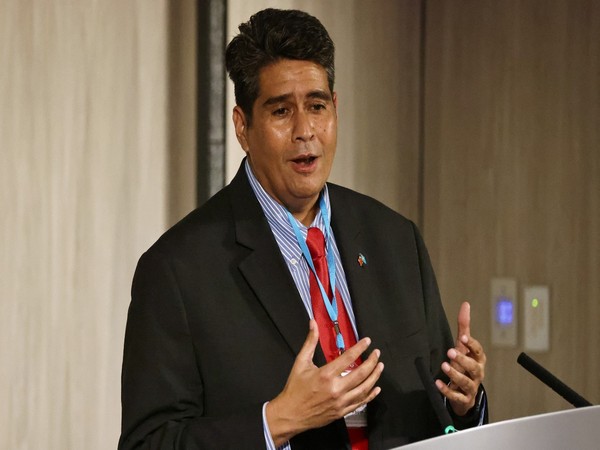Palau President Accuses China of Cyber Interference and Visa Blockage
Palau's President Surangel Whipps Jr. has condemned China for blocking a travel delegation's visit to Macau and blamed Beijing for two significant cyberattacks on the island nation this year. Whipps highlighted heightened cyber activities against both Palau and Taiwan, citing a marked increase in such attacks.

- Country:
- Taiwan
Surangel Whipps Jr., the President of Palau, a staunch ally of Taiwan, has openly accused China of interference and criticized Beijing for thwarting a travel industry's delegation visit to Macau, reported Taiwan News. Whipps also attributed two substantial cyberattacks on Palau this year to China.
In a conversation with Nikkei Asia, Whipps stated that China has escalated its hostile actions against Palau. He revealed that a Palauan delegation aimed to attend an international travel industry conference in Macau in May but was denied visas due to Palau's diplomatic ties with Taiwan.
Addressing the two significant cyberattacks faced by Palau, Whipps pointed to a Chinese role. In March, thousands of governmental documents were stolen and disseminated on the dark web, with investigations tracing the origin back to China, reported Taiwan News. The second cyberattack in July targeted Palau's customs and border protection system, seeking to disrupt the nation's tourism sector. Despite the uncertainty of China's involvement, both incidents featured ransomware.
Whipps emphasized that the second attack was mitigated with help from countries like the United States, Australia, Japan, and Taiwan, which aided Palau in upgrading its electronic systems.
Palau is slated to hold its presidential and legislative elections in November. Concurrently, China has ramped up cyberattacks against Taiwan, escalating to 2.5 million attacks daily ahead of the presidential inauguration, according to the National Security Bureau (NSB) cited by Taiwan News. Following elections, China allegedly launched 1 million daily cyberattacks, targeting mainly government bodies.
Taiwan's Ministry of Foreign Affairs, responding to allegations of leaked confidential documents, stated that all secret documents are safeguarded by watermarks or passwords, rendering insider leaks improbable, affirmed by ANI.
(With inputs from agencies.)










